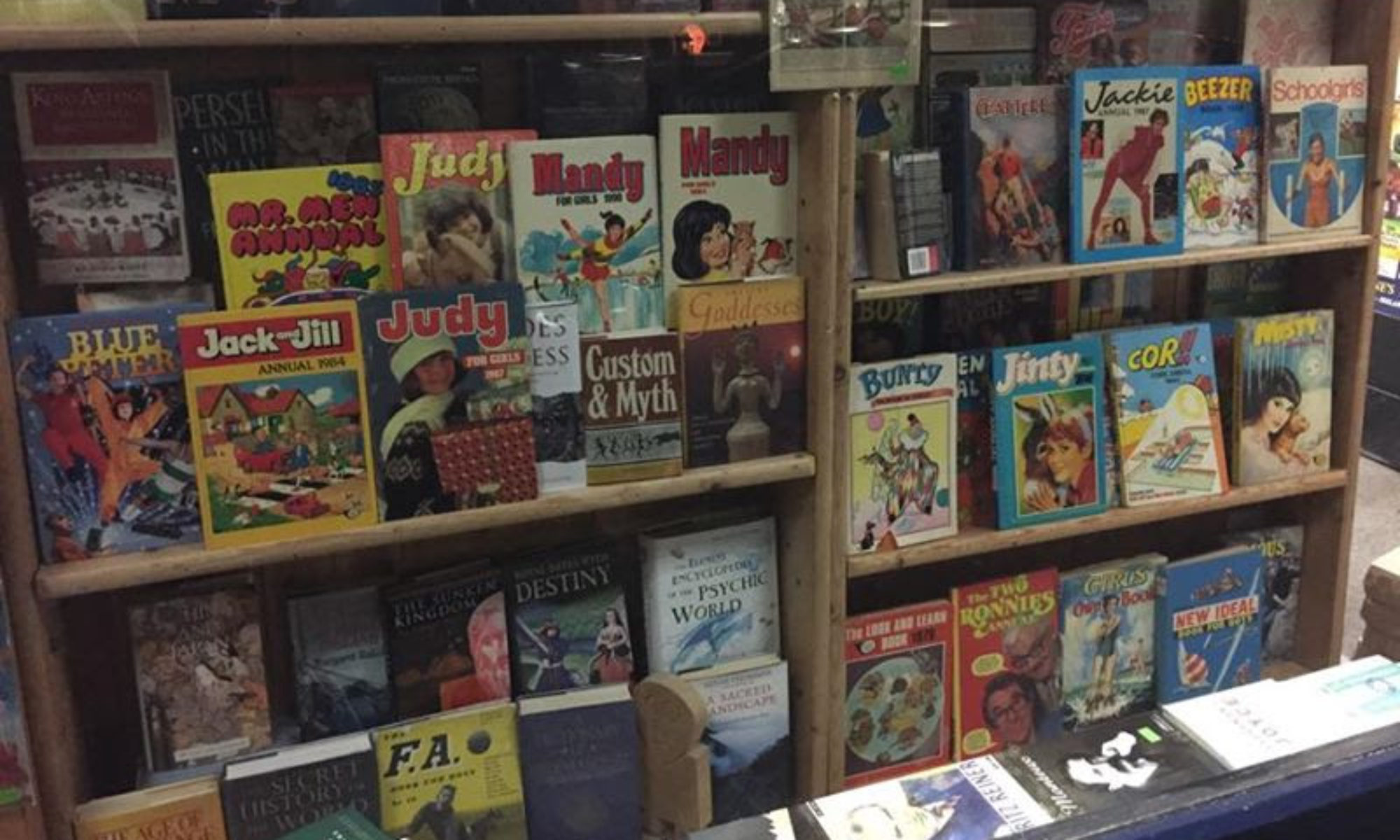All television is Children’s television.
The Changes: Excellent fansite
The Changes: Excellent fansite
While the BBC lets the series languish in its unloved Cult TV section, this fan has gone to town. It is crammed with links (of great age) and has an interview from 1996 with the lead actress.
We’re also invited to join the campaign to persuade the BBC to release the series on VHS tape, which is either a little old now or a particularly quixotic modern effort.
Also the first reference I have seen to Anna Home’s Into the Box of Delights: A History of Children’s Television BBC Books, 1993, ISBN 0563360615
The Changes (1975): The BBC’s unloved reference page for the series
The Changes
The 1970s saw a gradual breakdown in the postwar social system in the UK. The economy contracted, inflation rose while incomes fell and unions took increasingly dramatic steps to demand more money for their members to compensate.
Rubbish piling up in the streets, the dead unburied- these are the stuff of apocalyptic visions. And it was the apocalypse that preoccupied children’s television for the following ten years. But these weren’t the apocalypses of Hollywood, centered on exploding landmarks and CGI special effects.
These were domestic apocalypses. Drawing on a series of children’s books, portraying not the end of the world so much as the end of the child protagonist’s world, UK children’s TV showed us families, and the societies they lived in, destroyed.
The Changes, based on the trilogy by Peter Dickinson followed the consequences of every single adult in the UK going violently insane and destroying any technology more advanced than the wheel.
The root of the terror for children didn’t come in the loss of the radios and televisions. It came from the fact that the adults had all stopped caring whether their children were happy or not.
Violence, madness, death. These were the consequences of adult society pursuing its own priorities without caring what the effects of those choices were on their children. If you want horror, try imagining you are entirely dependent on a group of people and then make those people insane. Stephen King’s Misery was built on the same insight. But even then he made his victim fully grown.
Destroy society and you can expect the smallest and weakest members of society to suffer. The children’s TV watching audiences of the 70s and 80s weren’t going to miss that message, delivered in 30 minute chunks after Blue Peter.
The Changes, Episode 1
The Noise
The Changes :When adults stop caring about children
The Changes :When adults stop caring about children
My first thoughts on the 1975 series from Peter Dickinson’s novels. All the adults in the UK have gone insane and destroyed all technology, abandoning children as they go.
Incidentally, I highly recommend the same author’s A Box of Nothing for an 11+ reader. Stays with you.

